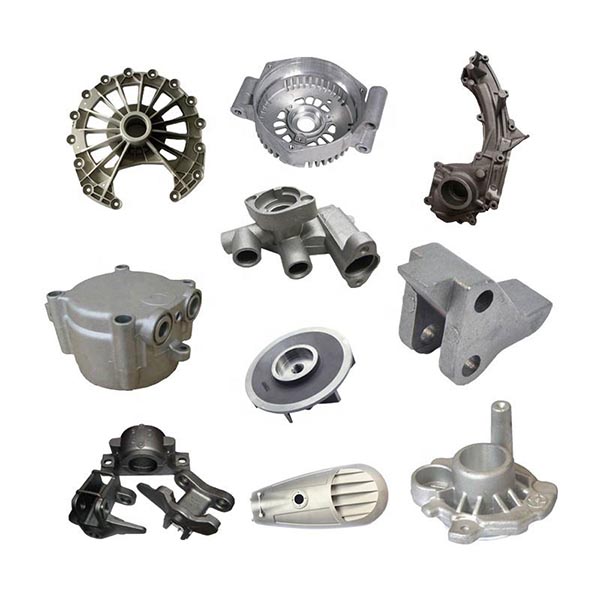High precision die casting is a crucial process in the manufacturing industry, playing a significant role in the production of complex metal components. This advanced manufacturing technique involves injecting molten metal into a steel mold, known as a die, under high pressure. The result is the creation of high-quality, dimensionally accurate parts with excellent surface finishing. The die casting process is widely used in various industries, including Automotive, Aerospace,Telecommunications, and Medical equipment manufacturing.
One of the primary advantages of high precision die casting is its ability to produce parts with tight tolerances. This level of precision is essential for industries that require components with complex geometries and fine details. The process allows for the production of parts with thin walls, sharp corners, and intricate features, making it an ideal choice for applications where precision is paramount.
The high precision achieved through die casting is attributed to the use of advanced technology and state-of-the-art equipment. Computer-aided design (CAD) and computer-aided manufacturing (CAM) software are utilized to create highly detailed molds that accurately replicate the desired part geometry. Additionally, the use of advanced die casting machines with precise control systems ensures that the molten metal is injected into the mold with exceptional accuracy, resulting in parts that meet the most stringent quality standards.
Furthermore, high precision die casting offers excellent repeatability, meaning that parts can be consistently produced with minimal variation from one batch to another. This level of consistency is crucial for industries where uniformity and reliability are essential. Whether producing small or large quantities of parts, high precision die casting ensures that each component meets the specified requirements, leading to enhanced product quality and performance.
In addition to precision and repeatability, high precision die casting also offers cost-effective manufacturing solutions. The ability to produce complex parts in a single operation reduces the need for secondary machining processes, resulting in lower production costs and faster time-to-market. This makes high precision die casting an attractive option for companies looking to streamline their manufacturing processes and optimize production efficiency.
The versatility of high precision die casting extends to the wide range of materials that can be used, including aluminum, zinc, magnesium, and copper-based alloys. Each material offers unique properties and benefits, allowing manufacturers to select the most suitable alloy for their specific application requirements. Whether it’s lightweight components for the automotive industry or corrosion-resistant parts for the aerospace sector, high precision die casting can accommodate a diverse range of material needs.
As industries continue to demand higher quality and more complex components, the role of high precision die casting in modern manufacturing is becoming increasingly vital. Its ability to produce intricate, high-quality parts with exceptional precision and efficiency makes it a cornerstone of advanced manufacturing processes. With ongoing advancements in technology and materials, high precision die casting is poised to remain a driving force in the production of high-performance components for a wide range of industries.
Post time: Mar-18-2024












